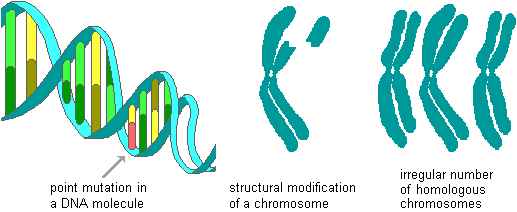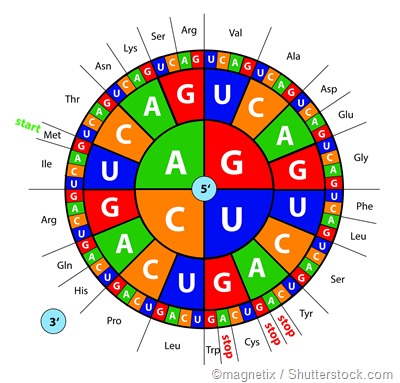Mutation and evolution: Conceptual possibilities
Adi Livnat, Alan C. Love
First published: 22 January 2024
https://doi.org/10.1002/bies.202300025

Abstract
Although random mutation is central to models of evolutionary change, a lack of clarity remains regarding the conceptual possibilities for thinking about the nature and role of mutation in evolution. We distinguish several claims at the intersection of mutation, evolution, and directionality and then characterize a previously unrecognized category: complex conditioned mutation. Empirical evidence in support of this category suggests that the historically famous fluctuation test should be revisited, and new experiments should be undertaken with emerging experimental techniques to facilitate detecting mutation rates within specific loci at an ultra-high, individual base pair resolution.
FREE PDF GRATIS: BioEssays



